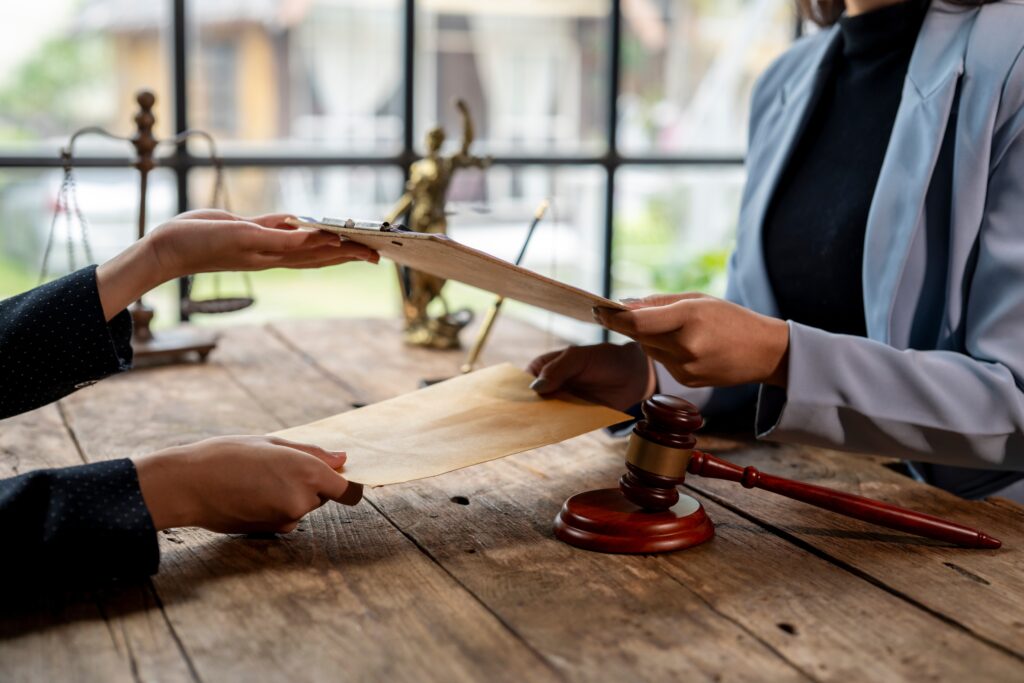free consultation:
(305) 788-0187
Being charged with domestic violence in Georgia is serious and often overwhelming. Many people facing these charges have never dealt with the criminal justice system before. They worry about their freedom, their family, and their future. Understanding the process can ease some of that uncertainty and help you make informed decisions about your defense.
This guide explains what typically happens after an arrest for domestic violence in Savannah, Chatham County, Bryan County, Liberty County, and Effingham County, with a focus on how cases move through the local court systems.
Georgia law defines domestic violence broadly. It is not limited to physical harm. The law includes a range of offenses when they occur between family members, household members, or people in intimate relationships. Examples include:
Because the term covers many different acts, the severity of charges can vary. A case might involve a misdemeanor battery or a felony aggravated assault. Either way, the consequences are significant and demand careful legal attention.
In most domestic violence cases, the process begins with an arrest. If law enforcement responds to a call and believes there is probable cause that an offense occurred, they will usually make an arrest on the spot.
Once arrested, you are taken to the county jail for booking. In this region, that could mean the Chatham County Detention Center, the Bryan County Jail, the Liberty County Jail, or the Effingham County Jail, depending on where the incident occurred.
Booking includes fingerprinting, photographs, and entry into the criminal database. Anything you say during this time can be used against you later, so it is best to remain respectful but avoid making statements until you have spoken to an attorney.
After booking, you will appear before a judge. This usually happens within 24 to 48 hours. At this hearing, the judge will:
In domestic violence cases, judges often issue no-contact orders that prevent you from speaking to or visiting the alleged victim. This can create immediate challenges, especially if you live together or share children. Violating a protective order can result in new charges and make your case more difficult to defend.
Bond hearings are critical. Having an attorney present at this stage can influence whether you are released while your case is pending.
Protective orders are common in domestic violence cases. There are two main types:
These orders can impact your ability to return home, see your children, or even access your property. Violating them has serious legal consequences.
One of the biggest surprises for many people charged with domestic violence is that the prosecutor, not the alleged victim, controls the case. Even if the person who made the complaint wants to drop the charges, the State can still move forward.
Prosecutors often rely on:
This approach is sometimes called “evidence-based prosecution.” It means that even without the alleged victim’s cooperation, the case can still go forward.
Domestic violence charges in Georgia carry a wide range of potential penalties.
Beyond jail or prison time, a conviction can lead to probation, mandatory counseling, community service, and fines.
The collateral consequences are just as serious. A domestic violence conviction can affect employment, professional licenses, child custody, and the right to own firearms.
Every case is different, but common defenses include:
A defense lawyer evaluates the facts, the evidence, and the law to determine which strategy fits your situation best.
After the initial hearing, the case moves through several stages:
Domestic violence cases in this region may be handled in:
Each court has its own procedures and expectations. Judges and prosecutors in these counties deal with these cases daily, which makes local experience important.
An attorney familiar with Savannah and the surrounding counties can anticipate how prosecutors build their cases, what judges prioritize, and what strategies are most effective. This local insight can make a significant difference in the outcome.
If you are facing a domestic violence charge in Chatham, Bryan, Liberty, or Effingham County, here are immediate steps to protect yourself:
Domestic violence cases are complex. They involve not only criminal charges but also family dynamics, civil protective orders, and long-term consequences. Trying to navigate the process alone is risky.
Understanding the steps you will face, from arrest to trial, can help you prepare and make informed decisions. More importantly, having the right defense strategy can protect your future, your family, and your freedom.
One call can make all the difference. Reach out now and let us start building the defense you deserve.
